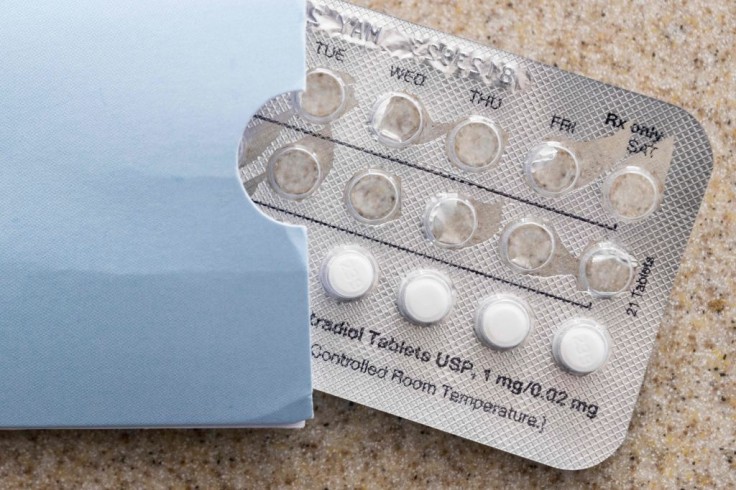
Physicians are now seeing a sudden surge in demand for different forms of contraception, including emergency contraception and other means of irreversible forms of birth control. As of the last week of June, Amazon and other major drug store chains began limiting the purchases of emergency contraception to three pills per customer.
As early as May, Nurx, an online pharmaceutical company that prescribes birth control and other medication, reported an increase in demand for emergency contraception after the leak of the Dobbs versus Jackson Women's Health Organization decision.
Massive demand for emergency contraception
As per Kelly Gardiner, vice president of communications with Thirty Madison, Nurx's parent company, there was a 300 percent increase in prescriptions for emergency contraception when the decision was leaked as early as May. She described a huge surge in demand when the Supreme Court finally overturned the Roe v. Wade decision, CNN reports.
There was ten times surge for the prescription-only Ella, an emergency pill that can be taken up to five days after sex. Emergency pills like Ella work by delaying ovulation or preventing implantation.
Gardiner added that there are also birth control requests that are three to four times higher than usual.
Other than emergency pills, more people are buying other multiple forms of birth control. Gardiner noted a 60 percent increase in Nurx customers who had traditional birth control prescriptions adding Ella to their order. She said that people who used to have regular birth control wanted added protection.
Increase in other more permanent birth control methods
For doctors and other health care providers, the recent decision raised more patient birth control concerns. According to Dr. Jennifer Lincoln, a board-certified ob-gyn in Portland, Oregon, and a fellow with the American College of Obstetrics and Gynecology, she would get questions like, should they get an Intra-Uterine Device (IUD) now even if their IUD expires in a year so she could get coverage for another five years, WRAL reports.
Her patients would also inquire about tubal ligation, the permanent surgical sterilization because "they are done having kids." Lincoln admitted that they do not want people to feel rushed into it, nor do they want to perform surgeries on people who have doubts about the procedure and later regret that they have done it.
A sudden surge of interest in vasectomy
As per WebMD, after the Supreme Court overturned Roe v. Wade, there was a spike in requests for vasectomies. Urologists report that more men are now seeking the procedure to avoid pregnancy and other abortion-related concerns.
Dr. Doug Stein, a Florida urologist dubbed as "Vasectomy King" for his advocacy of the procedure, said that when the Roe v. Wade decision was released, a noticeable number of patients were requesting the procedure on a Friday. When the weekend came, there was a significant number of patients, and the number of patients arriving days after that far exceeded what they had experienced in the past.
Stein said he used to receive four or five vasectomy requests per day. However, since the Supreme Court's ruling, the number of his patients increased to 12 to 18 requests per day.
Urologists in California, Iowa, and New York also reported a massive increase in vasectomy consultations and requests. Stein said that more men under the age of 30 without children are now requesting the procedure.
Related Articles : How the Roe v. Wade Reversal May Impact Girls with ADHD